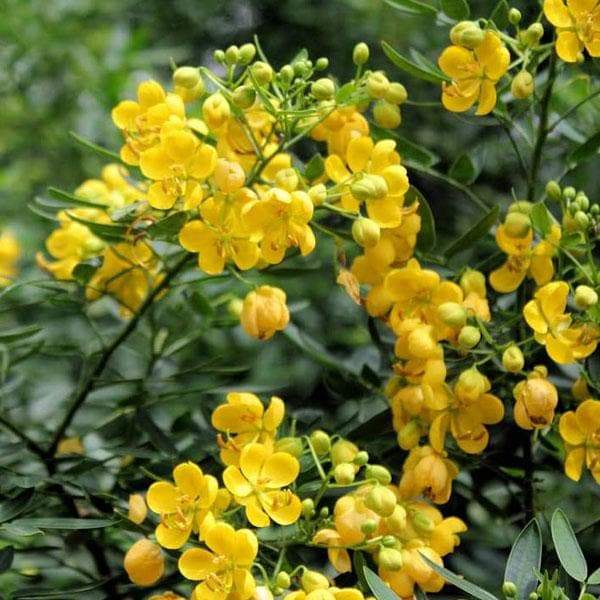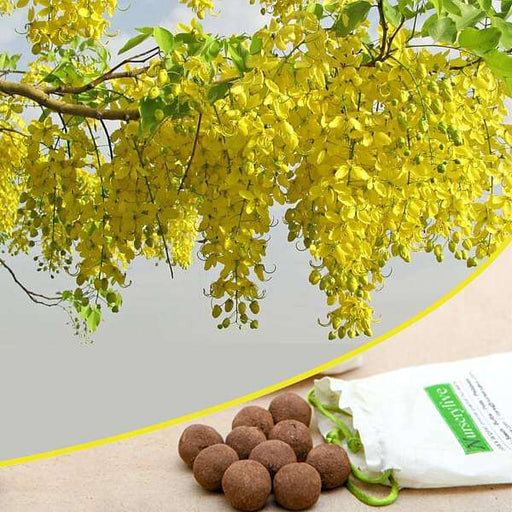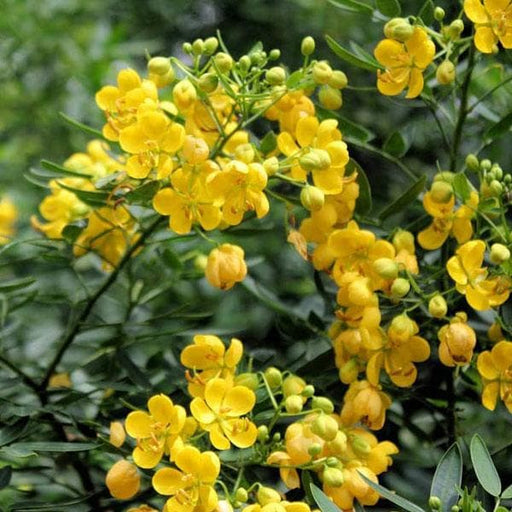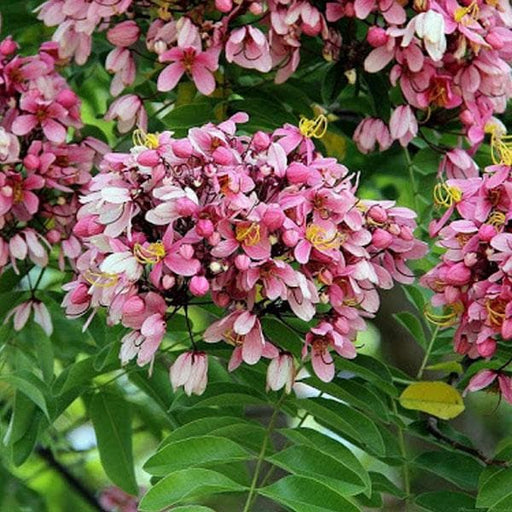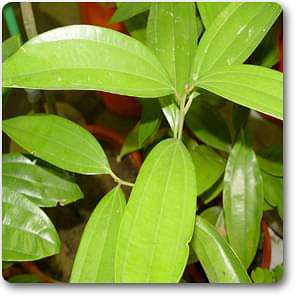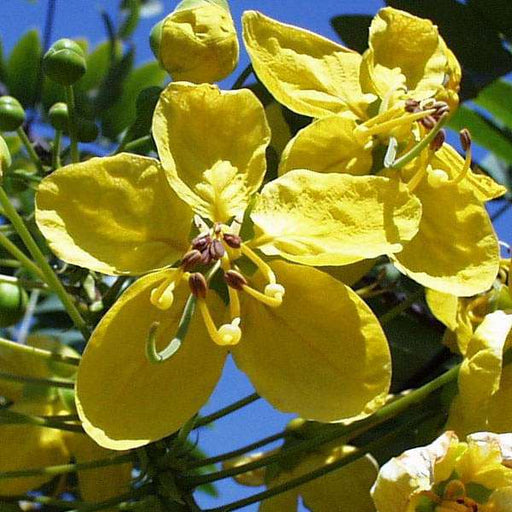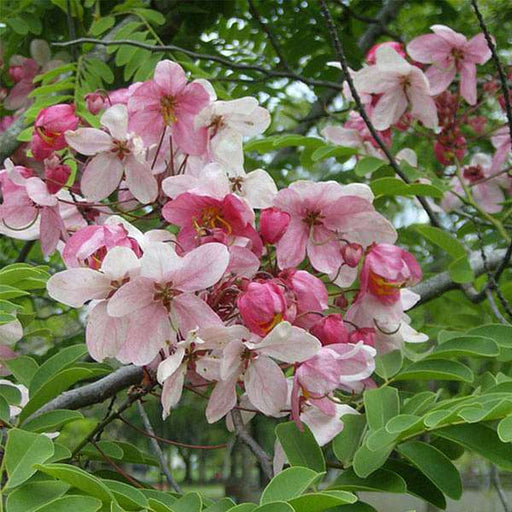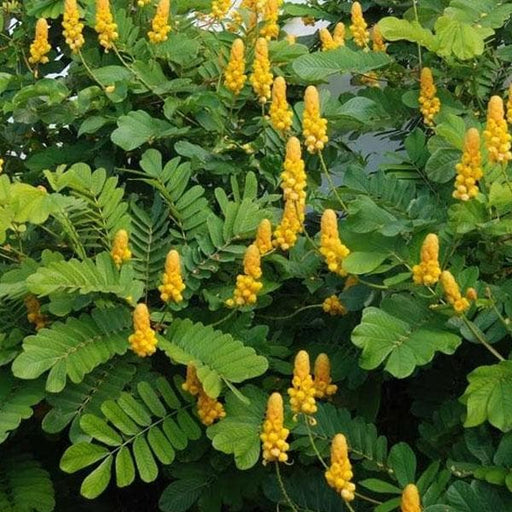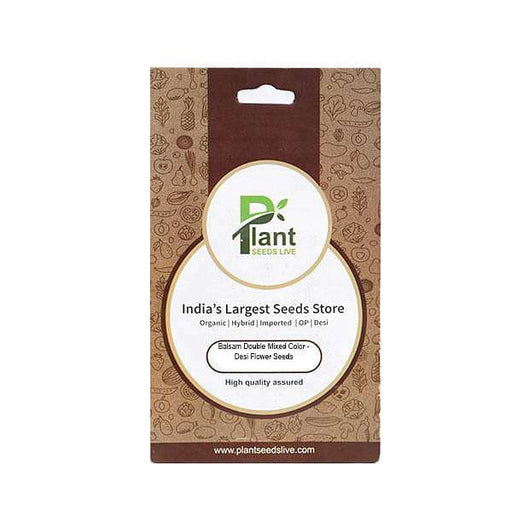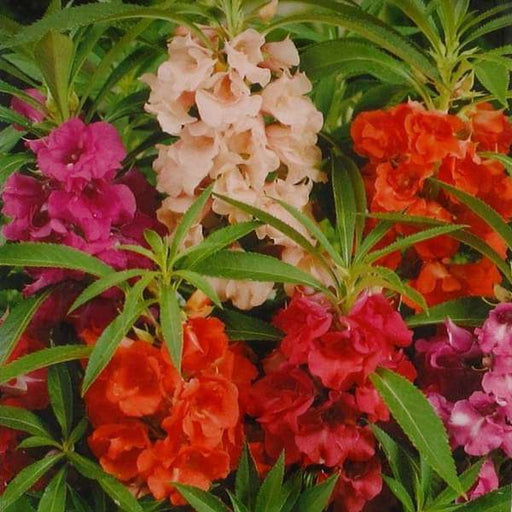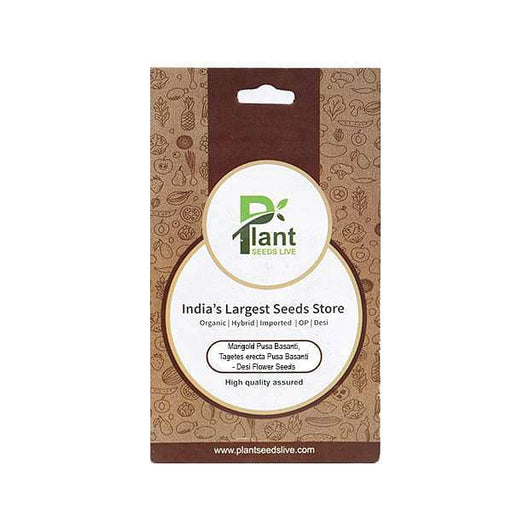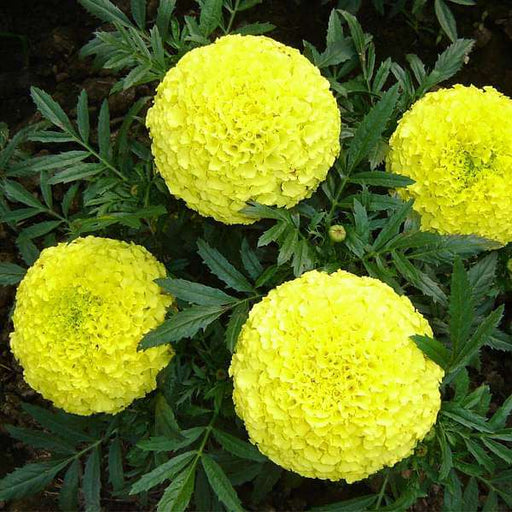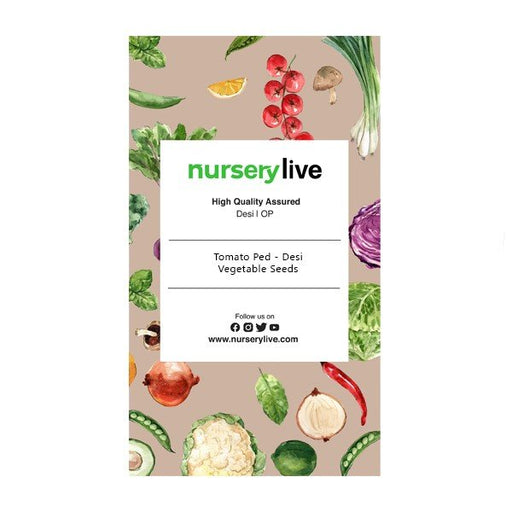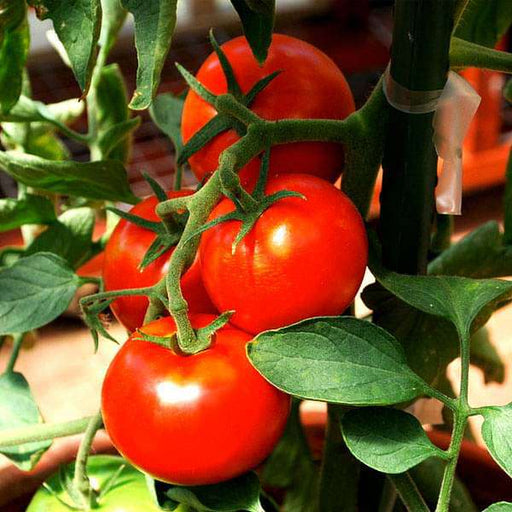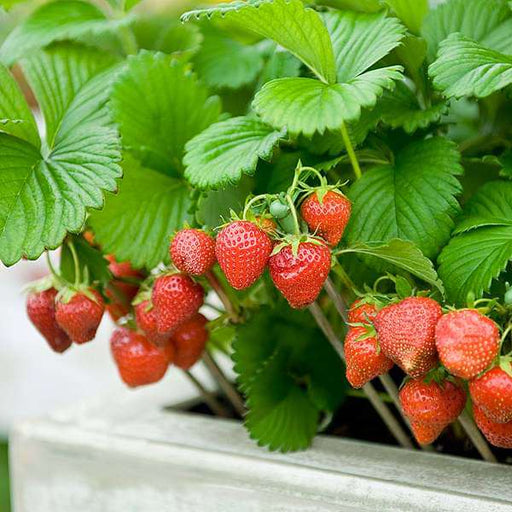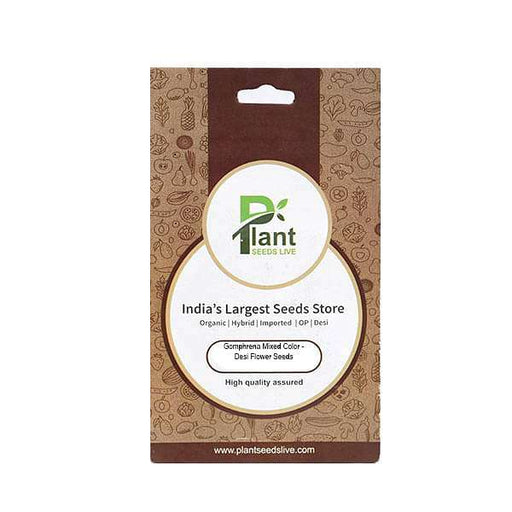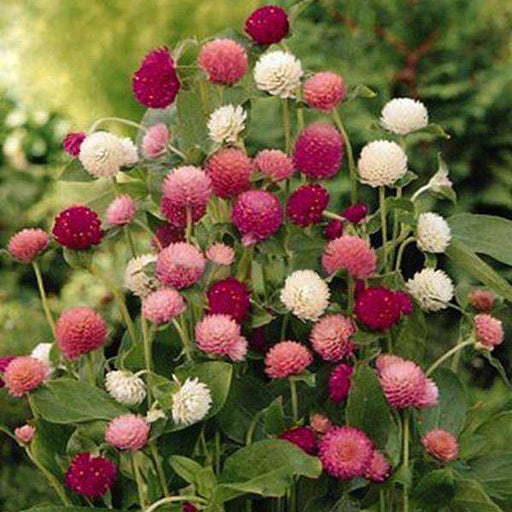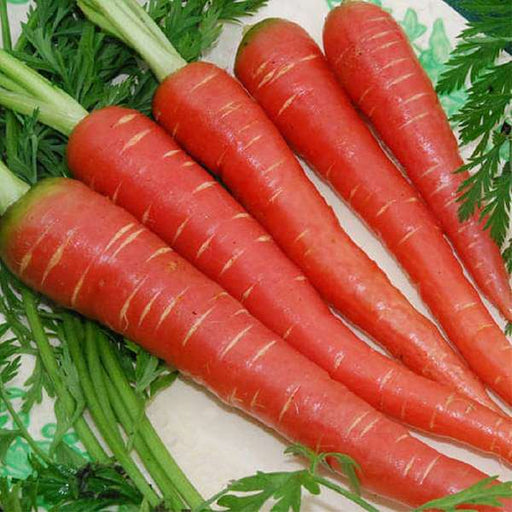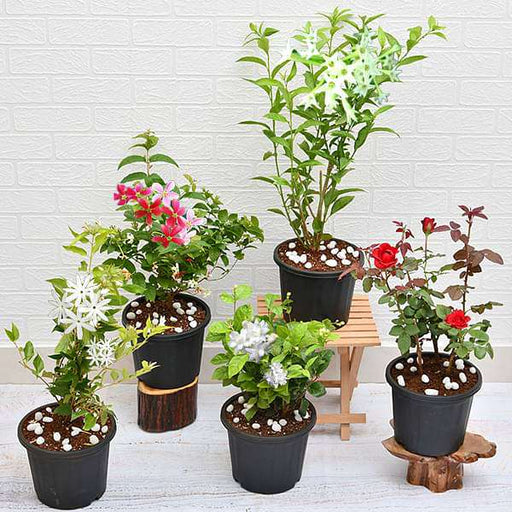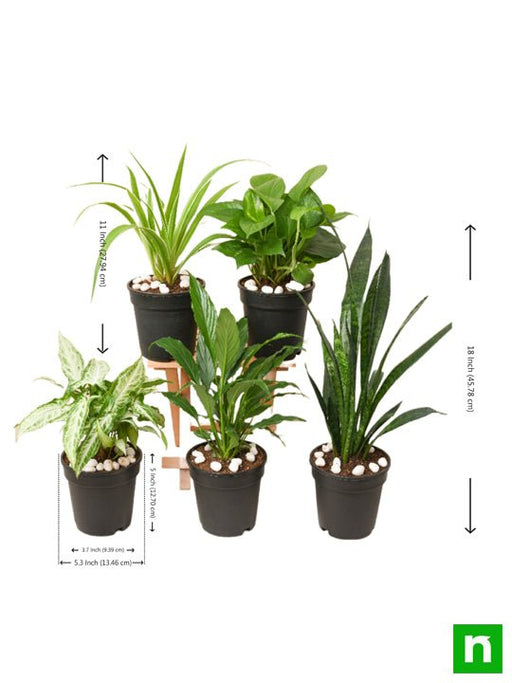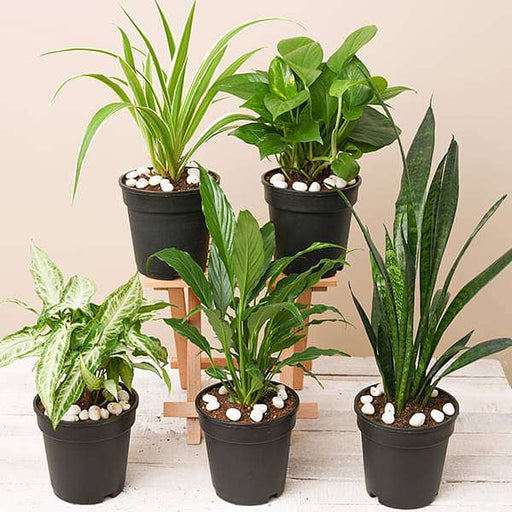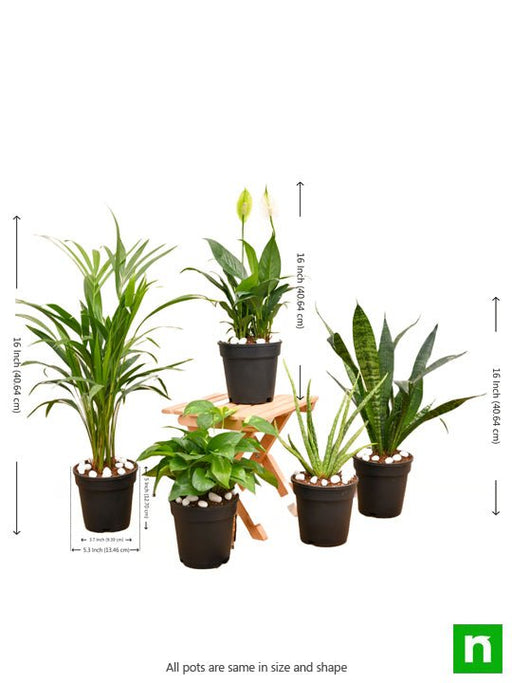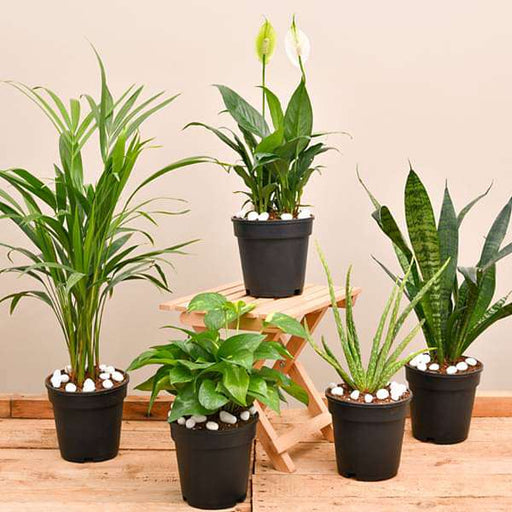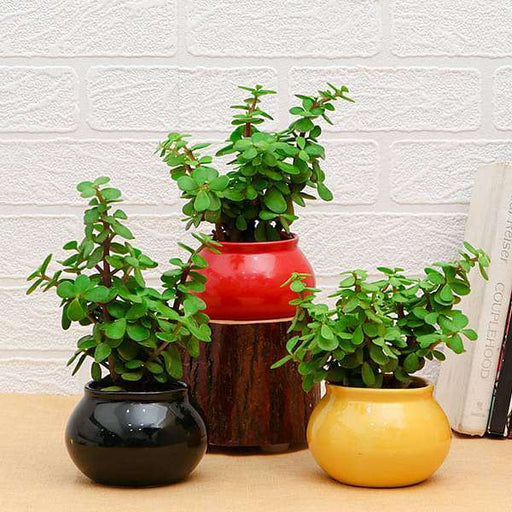Instead of the black zz plant. They sent me the green zz plant. Even after emailing them multiple times they haven’t replied or bothered to contact me . They don’t have a nos on which we can contact them. Really bad customer service
I recently bought a set of four indoor plants, and they were in excellent condition.
I just received a pudina plant from Nursery live which is half dead .
Earlier also I had such experiences with other plants so had stopped buying.
This time I said let me try but there is no change. Next time u will never buy any plant from Nursery live.
The rose plants were similar to those shown in the picture, and they were blooming beautifully. The packing was also done well. However some of them were in dry conditions.
Received plant in good condition. Had it for more a month now, it has given lots of new leaves and looking good.
I have buy this plant but I not get pot I have order 4 plants different plant only 1 pot I get with 1 plant another 3 plants I not get pots but is included in images in below description with but I not get pot I have write email to get pot the says we can’t refund or gift cards but I not need money or refund I need my pot they they not given . ☹️😡 the plant is good pot problem.
Nursery Live's packaging is always on point. The plant came very healthy and we had no issues with it.
I would give 0 star to their product as well as post sales customer service. All the 5 plants does within a week despite watering and taking proper care. No response from the customer service team even after almost 3 weeks of raising the issue. Except asking for pics of the plants they have been damn unresponsive.
Would not recommend it at all..
0 germination rate all seeds failed to germinate..
Seeds have been repackaged....
Quality wise very nice. But it's too small for what I needed, it's width was mentioned 8inch but there was no information about height. Anyways, the product is cute and sturdy. I suggest you please add more details so it's easy for us to buy.
chamaedorea elegans
night blooming jasmine
I ordered pack of five fragrance flowers plant and was very happy to see those in my balconies but i m very disappointed when received dead plants. It’s totally full waste if money. Better to buy from local nurseries then online.

